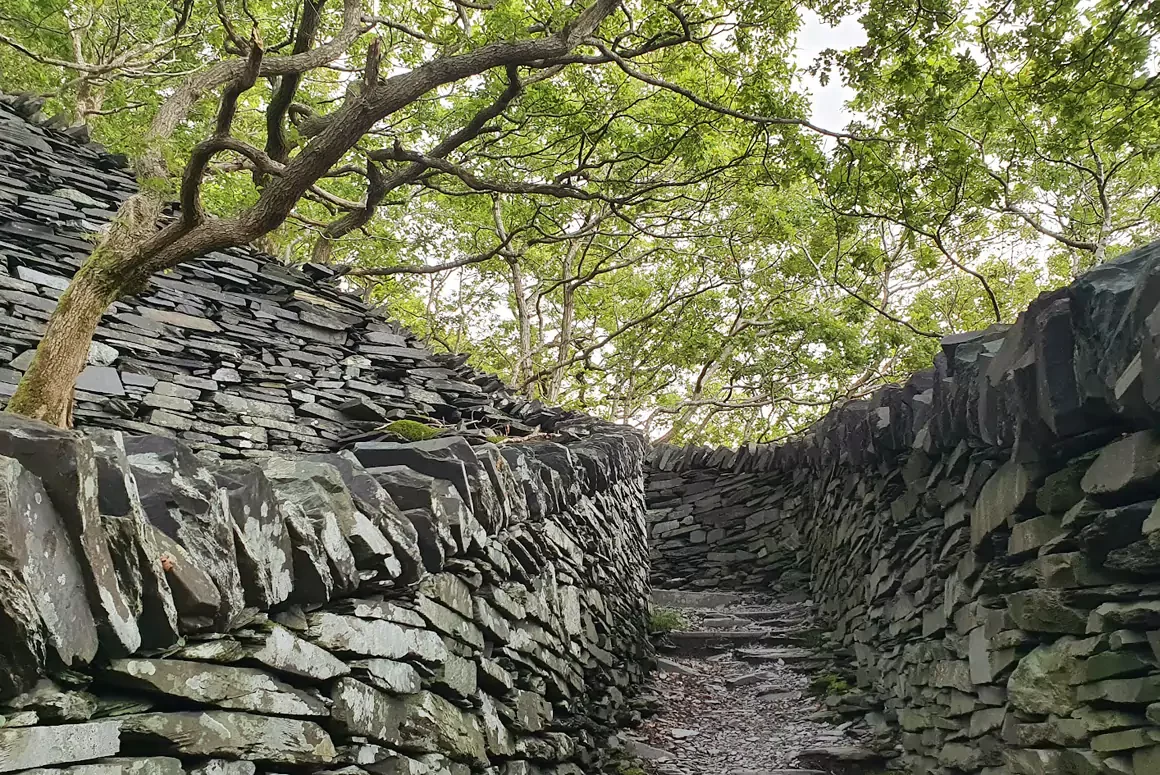The Open Spaces Society(1), Britain’s oldest national conservation body, is delighted at the government’s Boxing Day announcement that it intends to abolish the 2031 cut-off for recording public paths(2).
Says Kate Ashbrook, the society’s general secretary:
‘This news is extremely welcome, as thousands of unrecorded paths will be saved from extinction. We are delighted that the government is now demonstrating its commitment to our crucially important rights-of-way network.
‘Ministers must urgently find parliamentary time to bring this repeal into effect, thereby freeing those unrecorded paths for future use and enjoyment, for recreation, health, and well-being.’
With other path-user groups the Open Spaces Society has pressed for the repeal of the deadline which, for 24 years, has threatened our unique path-network.
The deadline means that on 1 January 2031, public rights over thousands of paths, which are public highways but not yet recorded as such, or not yet recorded correctly, will be extinguished, with those rights being lost for ever. If a way is not recorded on the definitive map and statement of rights of way, it can disappear under development.
Users have been frantically researching the historic evidence to claim paths, but there is no way that they can research them all before the deadline. The county and unitary authorities, which have a duty to process the applications, do not have sufficient resources and so the backlog of claims is growing.
Adds Kate:
‘The authorities must be resourced so that they can process the applications to add paths to the maps. Too many routes hang in limbo, waiting to be recorded on the maps.
‘The history of our landscape is written in our public-path network. Those paths must be recognised in law and practice. We are relieved that the government intends to take this important step to safeguard our vital paths.’
‘The government announcement refers to England,’ Kate explains. ‘The Welsh government has long been telling us that it will repeal the cut-off and we know that it intends to do so. We look forward to that event too.’
Feature image: Dinorwic Quarry, Llanberis. Credit: Jack Cornish
(1) The Open Spaces Society was founded in 1865 and is Britain’s oldest national conservation body. It campaigns to protect common land, village greens, open spaces and public paths, and people’s right to enjoy them.
(2) The path guillotine was originally included in the Countryside and Rights of Way Act 2000, and set at 1 January 2026. In 2008 the government’s adviser, Natural England, set up a stakeholder working group (SWG) of path users, landowners, and local authorities, to agree a package of legal and procedural changes to enable the cut-off to be implemented. The SWG agreed a package in 2010, and government passed legislation in the Deregulation Act 2015. However, the necessary regulations and guidance have not been completed. In 2023 the then environment secretary, Thérèse Coffey, commenced the legislation imposing the guillotine, but postponed operation until 1 January 2031. She did not include the essential ‘exceptions’ regulations which establish which routes would be exempted from the cut-off. After the election, path-user groups wrote to the access minister, Baroness Hayman, explaining the complications of drafting the exceptions regulations and urging her to repeal the cut-off.





